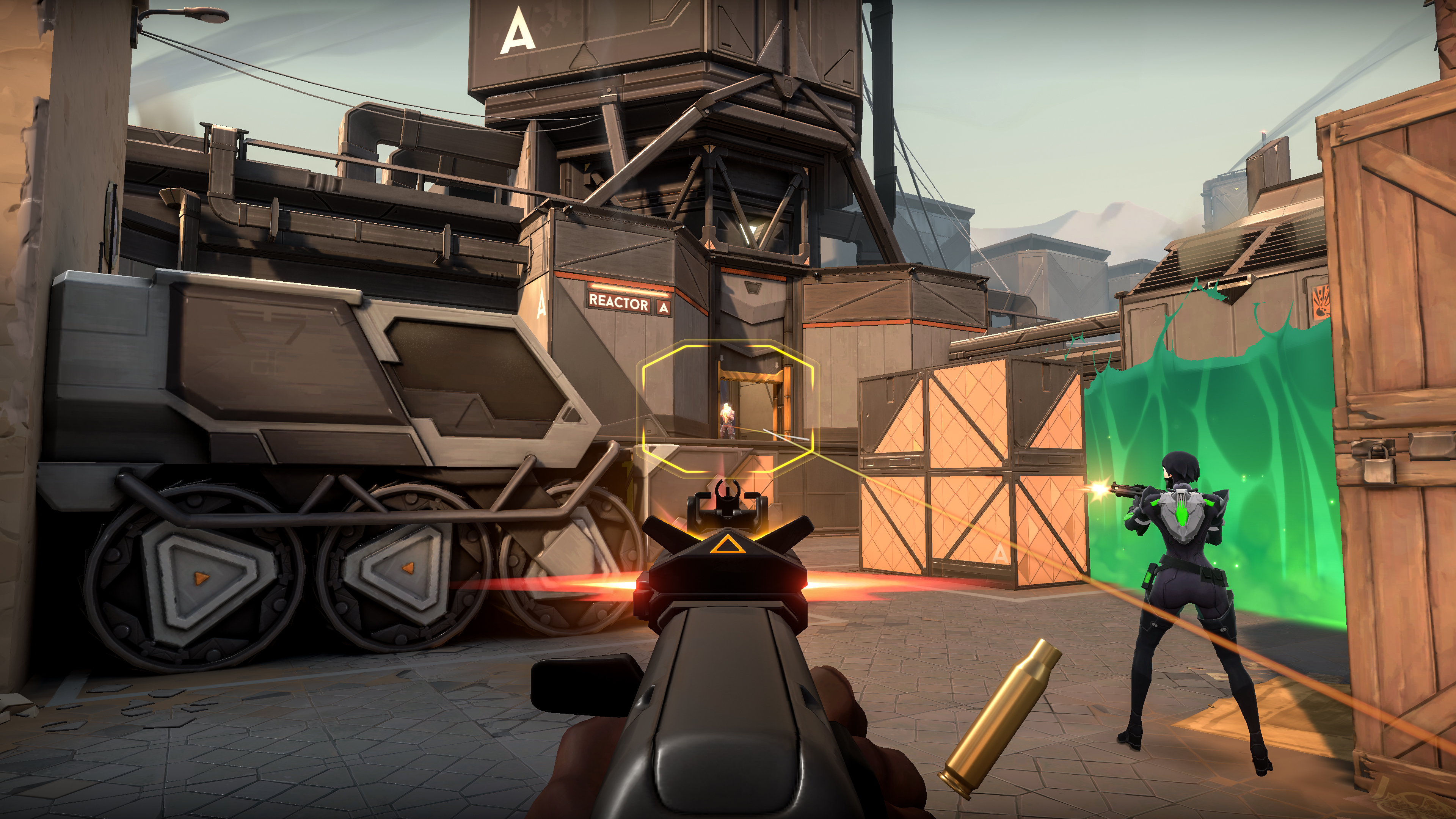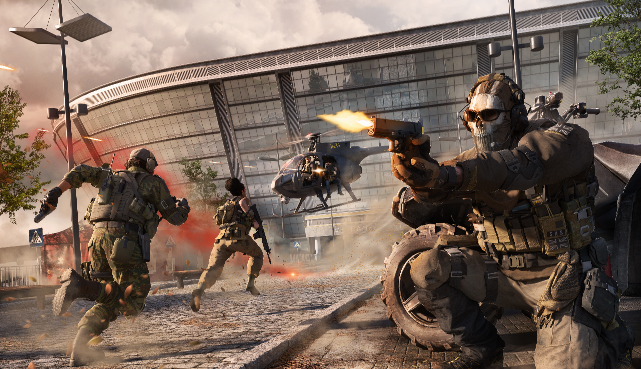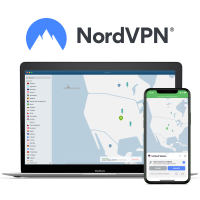Using a gaming VPN – the pros and cons
Next level or game over?

If you're an avid gamer, it might not have occurred to you to look at getting one of the best gaming VPNs, but you might be missing a trick.
Depending on what type of games you like playing, a VPN can be a wise investment. It's certainly not for everyone but let's weigh up the pros and cons of using a gaming VPN.
The pros of a gaming VPN
Protection from DDoS attacks
Teenage Andy would have very much appreciated this benefit. I distinctly remember playing a game of Destiny's highly competitive Trials of Osiris PvP mode a contest where the aim was to win 9 PvP battles in a row. We were on 8 and feeling confident heading into our last fight. But it wasn't to be, two of the three-man team were almost immediately booted from the game, and unable to connect to the internet for a good half an hour afterward. We had been targeted by a DDoS attack.

So-called Distributed Denial of Service attacks are targeted assaults on users' IP addresses by an army of bots, and although rare, are not unheard of in gaming. By having a VPN enabled (prior to the attack), you can mask your IP address, meaning any DDoS attacks will go to the VPN supplier instead, who will be in a much better position to deal with it.
If you love competitive titles like Valorant or Warzone then it's good to have protection, just in case there are any sore losers. Don't forget to check out our in-depth guide on how to avoid DDoS attacks when gaming, too.
Get easier lobbies
Whatever your opinion on skill-based matchmaking, it seems here to stay for many of the biggest titles. Games like Call of Duty use a record of your performance in previous matches to find you a lobby of opponents of a similar skill level.
This can make for tense, exciting games when it works well, but others find it a battle of attrition. It's certainly true that there's nothing quite as fun as dominating your rivals, and that's less likely to happen with skill-based matchmaking.

A VPN can help you switch servers and identities to give yourself an easier lobby of opponents. Bizarrely, I remember when Warzone first came out there were rumors that Brazillian lobbies were supposedly the most fun place to play.
Watch out though because manipulating your identity like this to get easier games is akin to "smurfing" and could get you banned on some games.
Avoid bandwidth throttling
Playing intense AAA games online, especially if other members of your household are using the internet too, can see your connection speed slow considerably down. This could be because your Internet Service Provider (ISP) is deliberately throttling your bandwidth.
The best way to check is to try the same activity with and without your VPN enabled. If things are faster with your VPN turned on then yes, your speeds are likely being throttled. A VPN stops your ISP from tracking your usage and slowing you down.
The cons of a gaming VPN
Connection slowdown

While it might improve your latency (reducing your ping) and stop your ISP from throttling your speeds, connecting through a VPN will likely slow down your internet connection as a whole. The 5 to 10% dropoff will probably be worth it if you already have a speedy connection, but if you're struggling to start with then it's something to consider.
If you're worried, perhaps pick and choose when you have your VPN on. So don't have it enabled when performing large downloads or updates for example.
Multiplayer only

Having a VPN active will of course only affect multiplayer titles. Some of the best games on the market (like Hi-Fi Rush) are carefully crafted single-player experiences, and some gamers understandably avoid multiplayer titles. If gaming is a solo hobby for you, then a VPN is probably going to be a waste of money.
What is the best VPN for gaming?
NordVPN – from $3.39 per month
The best gaming VPN
Good question. Our weapon of choice is NordVPN. We rate it as the number one gaming VPN because of its supreme speed and a massive range of servers (in over 110 countries). Plus if you're also after one of the best streaming VPNs, it tops that category too.
Andy is a freelance writer with a passion for streaming and VPNs. Based in the U.K., he originally cut his teeth at Tom's Guide as a Trainee Writer before moving to cover all things tech and streaming at T3. Outside of work, his passions are movies, football (soccer) and Formula 1. He is also something of an amateur screenwriter having studied creative writing at university.
-
mnksld Is this an attempt to disguise an ad as a article or something? It's full of irrelevancy and false claims.Reply
I can't see how it could improve your ping when you lengthen the data route via a node in a different country. It ALWAYS adds to your ping and it is what usually matters in multiplayer games. You can disregard the 5-10% overall speed slowdown because it's basically irrelevant.
VPN's like Gameranger/Hamachi/Radmin and such, which use p2p tunneling, can be counted as gaming VPN's as they REALLY are virtual private networks and eliminate the need to do port forwarding/triggering or the need for a static ip if you need to host a game server.

